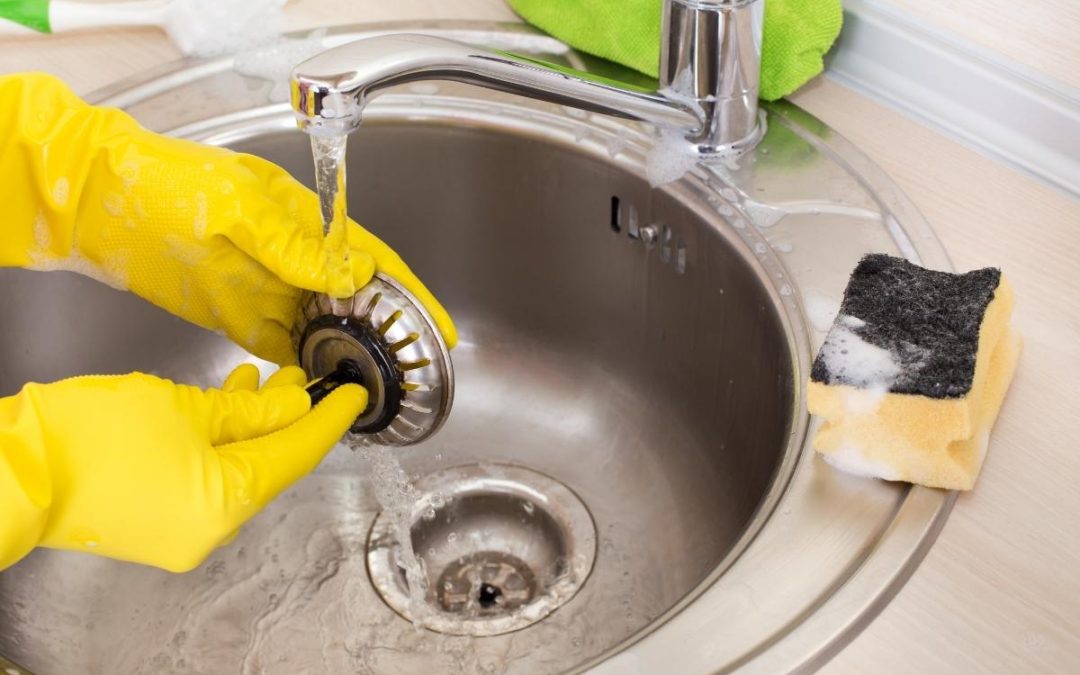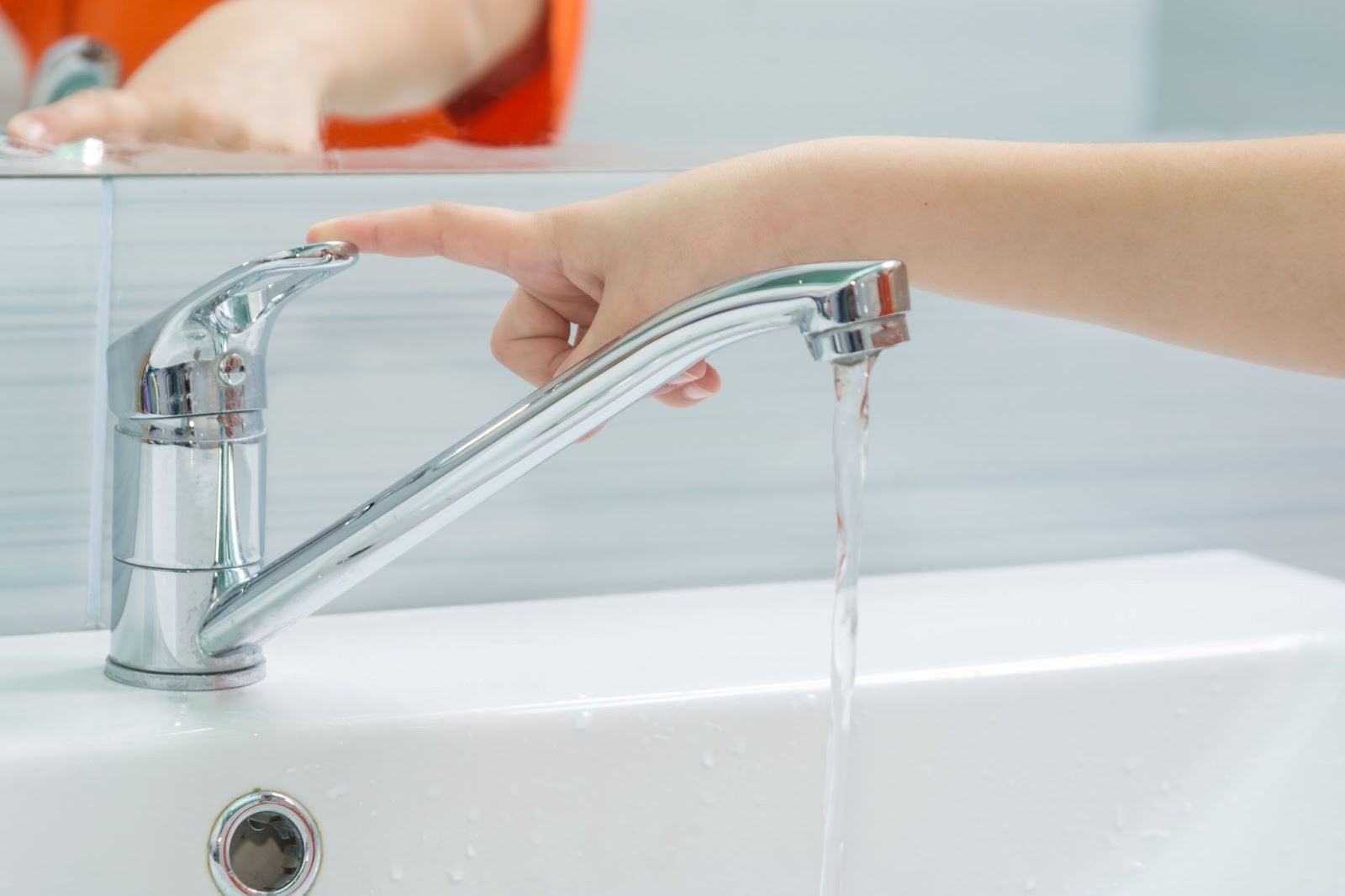The publisher is making several good points about Three Common Ways to Fix a Slow Drain overall in this post underneath.

Introduction
We've all existed: You're cleaning your teeth or cleaning your hands, and you discover the water pooling in the sink. As opposed to swiftly swirling away, it lingers, transforming your once-refreshing early morning regimen right into a mini swamp scene. A slow-draining sink isn't simply bothersome; it's frequently an indicator of larger plumbing concerns lurking underneath the surface area. The good news is that many slow-draining sinks can be taken care of with a little know-how, a few basic tools, and some persistence. All set to tackle this job head-on? Allow's roll up our sleeves and dive right in.
Recognizing the Root Causes Of a Slow-Draining Sink
Prior to you begin poking around in your pipelines, it aids to know what might be triggering the stagnation. Recognizing the root cause makes it less complicated to choose the ideal solution.
Devices and Materials You'll Require
The right devices make all the difference. Fortunately, you won't require a totally equipped plumber's van to finish the job.
Step-by-Step Guide to Fixing a Slow-Draining Sink
Currently, let's get involved in the nitty-gritty. This step-by-step procedure will assist you with simple methods to restore your sink's drain.
Action 1: Remove and Tidy the Stopper
Typically, the stopper (that tiny plug you lower to obstruct water) is the first culprit. Remove it very carefully and wipe any hair or substance entraped around its base. Rinse it thoroughly before placing it back in place.
Step 2: Make Use Of a Bettor to Remove Debris
Got that plunger ready? Placement it over the drain and provide it a couple of firm pumps. The concept is to develop suction that can loosen any type of blockage. If you see littles debris drifting up, you're on the right track.
Step 3: Attempt a Drain Serpent or Wire Wall Mount
If the plunger doesn't suffice, it's time to draw out the drain snake. Delicately feed it right into the drain and spin as you go. You could feel some resistance-- that's most likely the obstruction. Maintain twisting and pulling up until you eliminate the blockage. If you do not have a drain serpent, an aligned cable wall mount can operate in a pinch.
Step 4: Apply a Do It Yourself Drain Cleanser
A natural cleaner made from cooking soda and vinegar can break down residual gunk. Put half a cup of baking soft drink right into the drain, adhered to by half a mug of vinegar. Allow it fizz for around 15 minutes, after that flush with warm water. This chain reaction frequently does marvels for minor blockages.
Step 5: Rebuild and Test the Sink
Put everything back with each other and run the faucet. Does the water now swirl down the drain at a reputable speed? If yes, provide yourself a pat on the back. If not, do not misery-- there are still a few even more dress up your sleeve.
Essential Devices for Do It Yourself Fixes
A plunger is your go-to beginning point. A tiny, sink-sized plunger creates suction that can displace small obstructions. For more relentless obstructions, a drainpipe serpent (sometimes called a plumber's auger) works marvels. A set of handwear covers, a flashlight, and maybe a set of safety goggles are also convenient.
Advised Cleansing Solutions
Light recipe soap and hot water can assist break down oily build-up. A mix of baking soft drink and vinegar is a time-tested natural home remedy, and enzymatic cleansers use an even more green technique. Keep chemical drainpipe cleaners as a last hope, as they can be rough on your pipes.
Common Perpetrators Behind Slow Water Drainage
So, what's clogging things up? Normally, it's a mix of day-to-day debris-- think hair, soap scum, tooth paste deposit, and leftover food fragments. With time, these tiny bits build up and cling to the pipe walls, slowly narrowing the passage and making it harder for water to pass through. In some cases, natural resource from difficult water can also contribute to the substance, developing the best storm for stubborn clogs.
When is it Time to Do Something About It?
If you observe the water draining pipes slower than common, it's a good concept to interfere earlier rather than later. Waiting also long could bring about complete blockages, unpleasant smells, or even pipe damage. If the water takes more than a couple of secs to clean out after turning off the faucet, consider it a red flag and prepare yourself to put on your DIY hat.
Safety And Security First: Preventative Measures and Prep work
Before you launch into unclogging setting, think of safety. You're managing potentially unclean water and debris, so slip on a pair of gloves. If you're utilizing chemical cleansers, make sure the room is well-ventilated and adhere to the directions on the tag.
Protective Equipment and Office Setup
Lay down some old towels or dustcloths around the sink location to capture sprinkles. Eliminate any kind of products that may enter your means, like soap dispensers or toothbrush holders. Make certain you have excellent lighting-- get a flashlight if needed.
Alternative Approaches for Stubborn Clogs
Not all obstructions are created equivalent. If your sink still declines to work together, take into consideration these different remedies.
Baking Soda and Vinegar Approach
We currently touched on this, yet it's worth keeping in mind again. This mild, green method is more secure than chemical cleansers and often quite reliable.
Chemical Drainpipe Cleaners
Enzyme-based cleaners make use of natural germs to absorb organic matter. They're a superb selection if you're looking to stay clear of rough chemicals. Simply bear in mind, they may take a bit longer to function their magic.
Chemical Drain Cleaners: Pros and Cons
Chemical cleaners can blow up via challenging clogs fast, however they're not without downsides. They can produce warm and fumes, damages pipelines if used excessively, and position environmental risks. Utilize them sparingly, and always follow the instructions carefully.
Preventive Measures to Keep Your Sink Flowing
Avoidance is the best treatment. By taking on a few easy behaviors, you can maintain your sink from slowing down in the first place.
Normal Cleaning Up Habits
Clean down the sink container and component location consistently. Get rid of hair or food bits prior to they have an opportunity to wash down the drain.
Avoiding Dangerous Compounds Down The Tubes
Hesitate before unloading coffee grounds, oil, or coarse vegetable scraps down the sink. These wrongdoers cling to pipe walls, developing blockages in time.
Routine Upkeep Checks
Set up a fast month-to-month assessment. Run hot water with the sink for a couple of minutes, focusing on the flow. If it appears slow, act fast before it comes to be a full-on blockage.
When to Call a Specialist Plumber
Sometimes, despite exactly how difficult you try, that obstruct just won't budge. That's when it's time to generate the pros.
Indications That Suggest an Extra Serious Problem
If your sink drains slowly despite numerous attempts, or if you notice water backing up in other fixtures (like your shower or toilet), you may have a much more serious pipes problem prowling deeper in the system.
Balancing DIY Initiatives with Specialist Aid
While do it yourself can save you money and supply a sense of achievement, there's no embarassment in calling an expert. An expert plumbing professional can assess your entire pipes arrangement, guaranteeing there's no underlying damages or lasting issue that might cost you much more down the road.
Comparing Costs and Long-Term Solutions
Prior to making a decision, take into consideration the big picture. An economical, quick fix may solve the issue temporarily, however purchasing a much more permanent option could save you cash and stress and anxiety in the future.
Evaluating the Expenses of Do It Yourself vs. Specialist Solutions
DIY repairs usually cost little greater than the price of a bettor or a container of baking soda. Specialist services, on the other hand, featured a price tag however may protect against repeated problems and expensive repair services later.
Purchasing High Quality Fixtures and Upgrades
If your sink's layout contributes to frequent blockages, it could be worth upgrading to higher-quality fixtures or changing the plumbing layout. Consider this an investment in your home's performance and comfort.
Final thought
A slow-draining sink can feel like a minor inflammation, however it's typically an indicator that your plumbing needs a little tender loving care. By recognizing the source, utilizing the right tools and methods, and committing to straightforward preventive measures, you can keep your sink moving openly. And when all else falls short, never ever think twice to call a specialist-- your home's pipes is worth the financial investment in care and maintenance.
Three Common Ways to Fix a Slow Drain
Baking Soda Method
Boil a full pot of water. Measure out cup of baking soda and pour it down the drain. Then take cup of the magical cleansing substance known as white vinegar and drop that down there too. Allow the mixture to fizz in the drain for five minutes as the vinegar and baking soda combine. Now dump in that whole pot of boiling water. This combination of cleaning substances should clear out anything that is causing your sink to drain slowly. If it doesn t...
Zip-It
If the baking soda method doesn t clear out your drain, it may be because a significant amount of hair and/or other debris has collected there and you need to remove it. Purchase a Zip-It tool at any home improvement or hardware store and insert it into your drain. It will catch any collected hair or debris that s blocking the flow of water. Pull it out. If it s got a big clump of hair, etc. on the end, you ve probably got your culprit.
Drain Cleaner
If these methods don t work, there is the standard drain cleaner that you can also buy in a hardware store or even your local grocery store. It s better if you can use a household solution, but these drain cleaners often work in a pinch. They re very simple to use. You generally just dump them in your drain and wait. If even this method is not effective, it may be time to call the plumber.
https://www.mrrooter.com/oneida/about-us/blog/2017/july/three-common-ways-to-fix-a-slow-drain/

We had been brought to that report about 4 Tips to Fix a Slow Draining Sink through a good friend on our other web address. I beg you take the opportunity to promote this write-up if you enjoyed reading it. We enjoy your readership.
Schedule Your Service